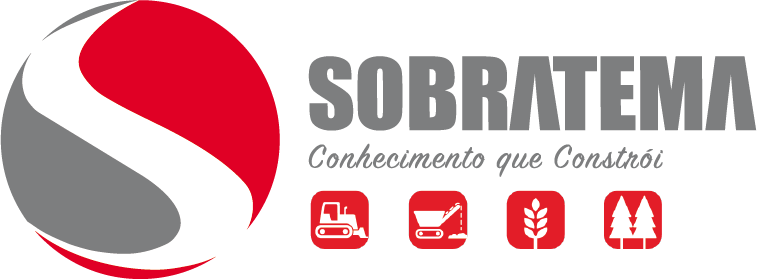Publicado em 04 de março de 2015
In the search for productivity, worksite mechanization becomes a non-reversible process
According to Marcos Schmidt, Product Manager of Atlas Copco do Brasil Construction Division, mechanization is a non-reversible process, not to replace labor but to give to civil construction options that reduce work development times, increase work accuracy and ensure high safety levels.
There are many activities that may be mechanized in a worksite. “Materials handling and works in high places, for example, had a significant evolution due to the introduction of aerial work platforms”, says him. “It is interesting to point out that a large part of the considerable increase of their use did not occur initially due to cost or performance reasons, but due to the changes established by the NR-18 in 2007”, adds Schmidt, that will speak about the subject in the Sobratema Workshop 2015.
For Schmidt, however, there are areas—such as demolition—that did not go so fast in terms of innovation. This occured because this area was seen—till a little time ago—as a “non-noble activity” due to its rough configuration and to be considered apparently less important in construction works. “This vision caused a delay in achieving the benefits of more advanced technologies”, explains him.
Schmidt also explains that the area still faces difficulties that go from cultural barriers to the updating of academic curricula. “We see—especially in medium and small works—that processes of low performance, high safety risk and non-appropriate surplus treatment are still common. Improvements are consistent in large works, although there are conditions of improve them even more, based on the offer of more effective equipment”, adds him.
An example of this reality is the use of the demolition equipment more used in Brazil, the hydraulic breaker, which is being carried out indiscriminately, jeopardizing the result of the works. To replace this process, Schmidt suggests, for example, the use of hydraulic scissors whose design and action ensure the quick removal of aerial structures, making free the area needed to continue the works without compromising safety.
In addition, demolition works have currently available a wide range of hydraulic equipment to be connected to excavators, which carry out heavy works with high safety and performance. Manual tools were reengineered and their level of ergonomics and productivity is much higher than that of last years. And treatment processes of demolition residues uses mobile crushing units, important to make feasible the requirements of act nr. 12305, which introduced the National Policy of Solid Residues.
This shows that the demolition market is being changed and that is increasing its evidence due to the new reality of expansion of urban concentration and to the acceleration of population density in large cities. There is practically no availability of free spaces, therefore demolition is always needed before construction works. “In addition, management models also had an evolution and the cost of each phase of the works is easier to be known. Thus, a reduction in the time of an activity will contribute for the profitability. This situation recommends a careful selection of high-performance equipment”, tells Schmidt.
This subject will be detailed by Schmidt in the Sobratema Workshop 2015, to be carried out in April 8th in São Paulo, whose main subject is “Productivity – Main Challenges in Construction”. The event is turned to businessmen, managers, engineers, professionals and experts of construction contractors and suppliers of the construction chain.
The program will also include presentations carried out by Jevandro Barros, CEO of IOPEX Brasil – Institute for Operational Excellence, that will deal about Lean Construction and operational excellence; of Hugo Marques da Rosa, president of Método Engenharia, that will show real cases of construction methods and processes that ensured higher productivity in his works; and of Rüdiger Leutz, CEO of Porsche Consulting, that will highlight the importance of labor qualification in construction and show its impacts on work productivity.
Registrations are opened and may be filed at http://www.sobratemaworkshop.com.br/.

Av. Francisco Matarazzo, 404 Cj. 701/703 Água Branca - CEP 05001-000 São Paulo/SP
Telefone (11) 3662-4159
© Sobratema. A reprodução do conteúdo total ou parcial é autorizada, desde que citada a fonte. Política de privacidade


